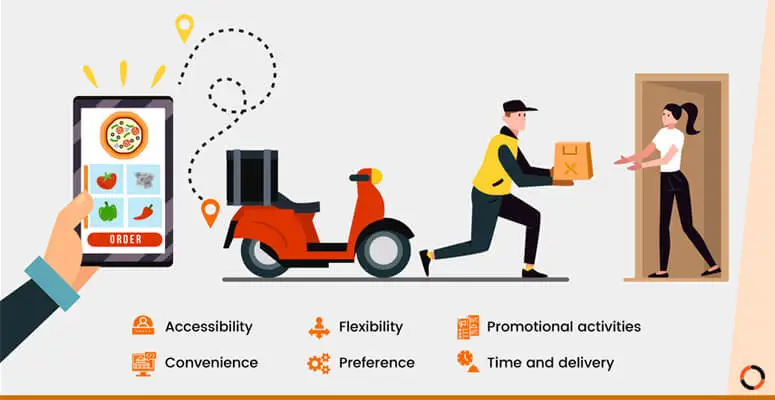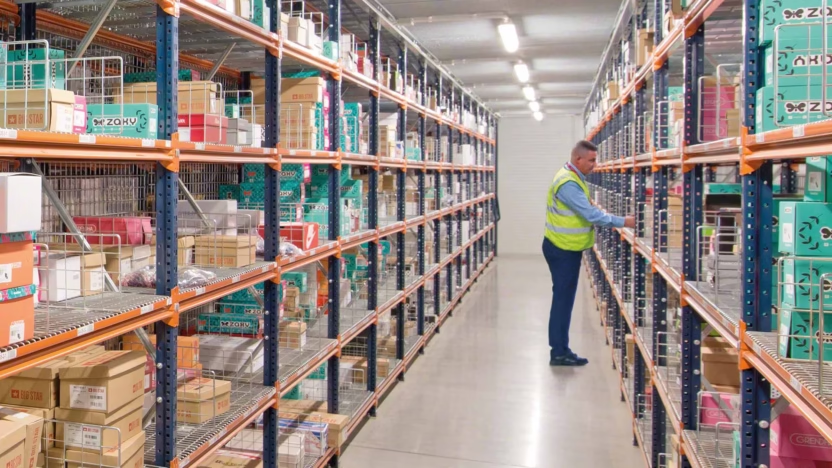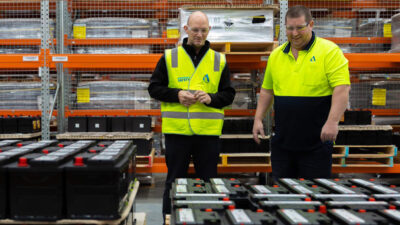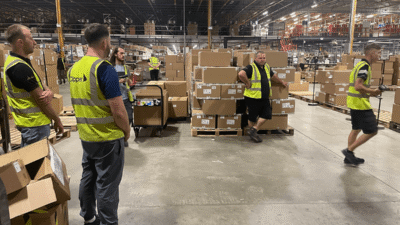As distributors grow, they often assume their biggest challenges will be logistics, pricing, or supplier relationships.
In reality, one of the most expensive problems creeps in much earlier — and much more quietly.
Product catalogues.
What starts as a simple list of products slowly turns into operational debt — a hidden liability that compounds over time, draining efficiency, increasing errors, and slowing down teams.
This article breaks down why product catalogues become operational debt, how to recognise the warning signs, and what scalable operators do differently.
What Is Operational Debt?
Operational debt is the accumulated cost of processes, systems, or structures that worked at one stage of the business but no longer scale.
Much like technical debt in software, operational debt:
- Feels manageable at first
- Is often ignored during growth
- Becomes painful only when volume increases
- Costs far more to fix later than earlier
Product catalogues are one of the most common — and least discussed — sources of this debt in distribution businesses.
Why Catalogues Work Early On
In the early days, catalogues are simple:
- A spreadsheet
- A PDF
- A static list in an ordering system
- A shared Google Drive folder
At low order volumes, this works because:
- Few SKUs
- Limited price variations
- One or two suppliers
- Manual oversight catches mistakes
The catalogue is not a system — it’s just a reference.
And at this stage, that’s enough.
The Tipping Point: When Growth Changes Everything
Problems begin when scale introduces complexity.
Growth usually means:
- More suppliers
- More SKUs
- Different pack sizes
- Contract pricing
- Customer-specific catalogues
- Seasonal changes
- Substitutions and out-of-stocks
But the catalogue structure often does not evolve.
The result?
A static catalogue trying to support dynamic operations.
That’s where operational debt starts compounding.
How Catalogues Quietly Turn Into Operational Debt
1. Catalogue Updates Become Manual Work
Every change requires human intervention:
- Updating spreadsheets
- Sending revised PDFs
- Manually notifying buyers
- Correcting outdated pricing
- Fixing mismatched SKUs
Each update creates multiple points of failure.
Small errors multiply across orders, invoices, and fulfilment.
2. Sales, Ops, and Suppliers Drift Out of Sync
When catalogues aren’t centralised:
- Sales promises one thing
- Operations sees another
- Suppliers deliver something else
Teams begin operating from different versions of the truth.
This creates:
- Internal friction
- Blame cycles
- Rework
- Loss of trust between teams
3. Ordering Errors Increase with Volume
Catalogue complexity directly correlates with:
- Wrong pack sizes ordered
- Incorrect pricing
- Missed substitutions
- Incomplete orders
At low volume, these are manageable.
At scale, they become systemic failures.

4. The Catalogue Becomes a Bottleneck, Not a Tool
Instead of enabling speed, the catalogue slows everything down.
Teams start asking:
- “Which version is correct?”
- “Has this been updated?”
- “Is this price current?”
The catalogue stops serving customers and starts consuming internal time.
That is textbook operational debt.
The Hidden Costs Most Businesses Miss
Catalogue debt doesn’t just show up as errors.
It shows up as:
- Extra admin headcount
- Slower onboarding of new buyers
- Longer supplier setup times
- Higher training costs
- Reduced order confidence
- Missed growth opportunities
These costs don’t appear on a balance sheet — but they directly affect margins and scalability.
Why “Just Hiring More Admin” Doesn’t Fix It
Many growing distributors respond by adding people.
This feels logical — until it isn’t.
More people means:
- More coordination
- More handoffs
- More inconsistency
- More dependency on tribal knowledge
You’re not fixing the debt.
You’re paying interest on it.
What Scalable Operators Do Differently
High-performing distribution businesses treat catalogues as operational infrastructure, not documents.
They design catalogues to be:
- Centralised
- Dynamic
- Rule-based
- Buyer-aware
- Supplier-connected
The catalogue becomes the single source of truth that powers ordering, pricing, fulfilment, and reporting.
From Static Lists to Living Systems
Instead of asking:
“How do we update the catalogue?”
They ask:
“How does the catalogue update itself as operations change?”
This mindset shift is critical.

Signs Your Catalogue Is Already Operational Debt
If you recognise any of these, the debt is already there:
- Teams rely on memory instead of systems
- Buyers double-check orders manually
- Pricing disputes are common
- Catalogue updates require emails or calls
- Onboarding new customers feels slow
- Order accuracy drops as volume grows
These aren’t growth problems.
They’re catalogue design problems.
The Strategic Cost of Waiting Too Long
The longer catalogue debt accumulates:
- The harder it is to unwind
- The more change resistance increases
- The more fragile operations become
Eventually, the business hits a ceiling — not because demand isn’t there, but because systems can’t support it.
Final Thought: Catalogues Are Not Just Lists
A product catalogue is not just a list of items.
At scale, it is:
- A coordination layer
- A trust mechanism
- A growth constraint — or accelerator
Handled poorly, it becomes operational debt.
Handled well, it becomes a competitive advantage.
If your catalogue has grown more complex over time and ordering feels heavier than it should, it may be worth stepping back and reviewing where friction is creeping in.
Many teams use a simple internal checklist to assess catalogue and ordering health before problems become expensive.
👉 Run a quick operational snapshot here: ROI Calculator
Even if now isn’t the right time, having clarity early makes scaling far easier later.





